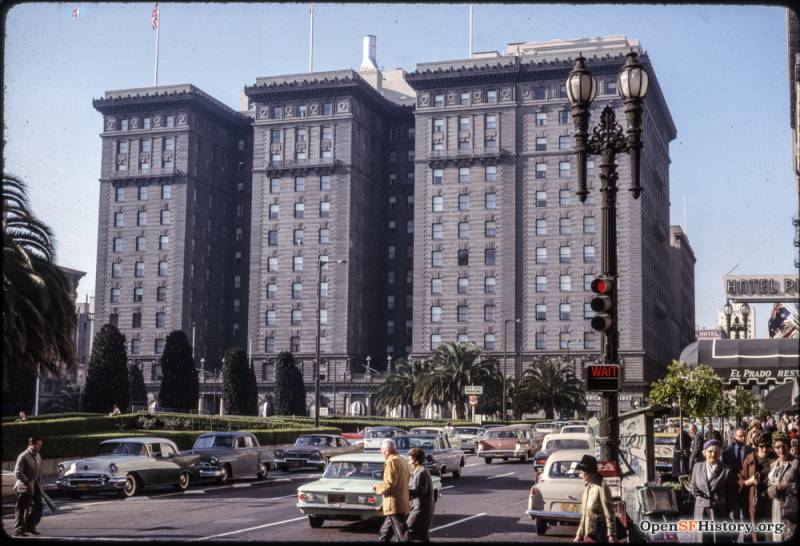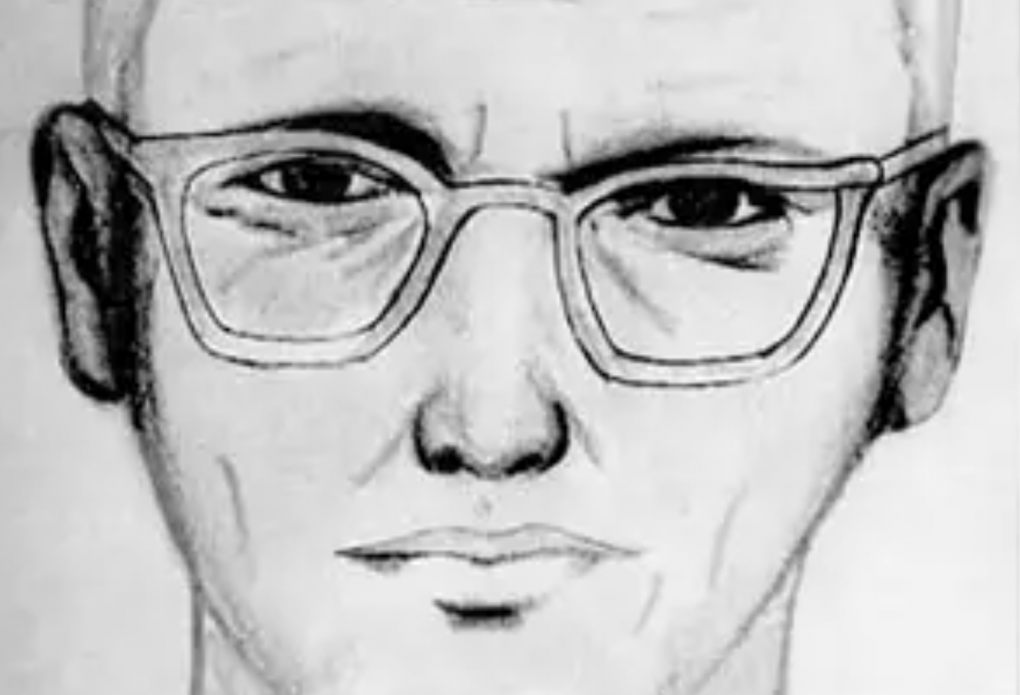In 1978, San Francisco was an anarchic place to be. A burgeoning punk rock scene was in the process of eviscerating the city’s reputation as a hippie haven. Civil rights campaigns raged all over: the Black Panthers were over a decade into their struggle, LGBTQ folks were at war with Anita Bryant, and feminists were trying to “Take Back the Night” outside of North Beach’s strip clubs. This most turbulent of years also culminated in the Jonestown Massacre and the assassinations of Harvey Milk and George Moscone.
How the Zodiac Killer Investigation Fell Apart in 1978 ... Because of Armistead Maupin
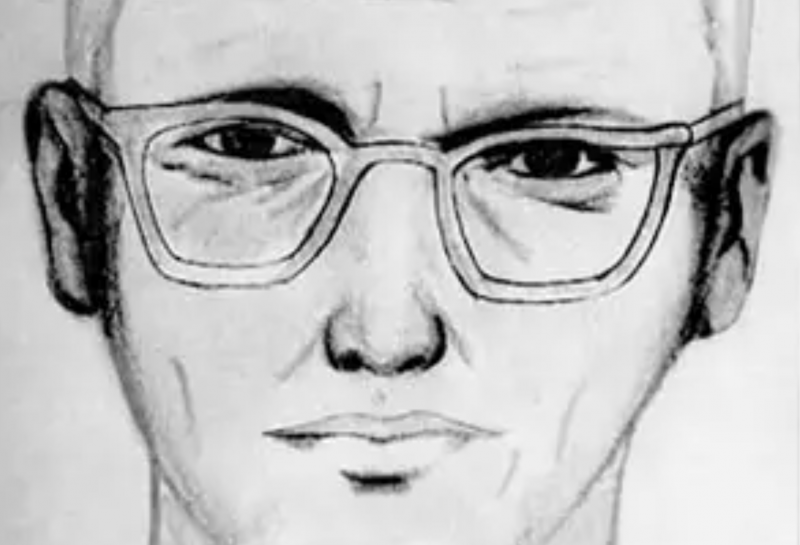
If there hadn’t been so much going on, it’s possible that one very strange turn of events might have stayed in the public consciousness for a bit longer. Because yes, it’s almost as bonkers as everything else that happened that year.
In July 1978, nine years after the Zodiac Killer first struck, one of the most prominent homicide cops working the case was suddenly removed from his post. By that time, Inspector David R. Toschi — who had been on the case since day one — is said to have interviewed 5,000 people and examined more than 2,000 suspects. So it’s probable that his sudden transfer from homicide to (in Toschi’s own words) “the pawnshop detail” was always going to make some headlines. The reason it blew up into a citywide reason to gossip was the person responsible for his demotion — Tales of the City author and jaunty man about San Francisco, Armistead Maupin.

This whole thing started in August 1976 when Maupin consulted Toschi so he might better write the character of homicide detective Henry Tandy. Tandy was featured in Maupin’s San Francisco Chronicle column and in the first Tales of the City book that combined many of those stories. True to Maupin’s tendency to blend fiction and reality, Toschi was also written in as Tandy’s mentor.
All very normal and fine so far? Well, yes, but not for long. According to Maupin, “within the [first] week” of Toschi’s name appearing in Tales of the City, the author received two fake fan letters that included praise for Toschi. Maupin clocked the notes as phony only some weeks later when even more arrived, at which point he suspected that Toschi was sending them himself.
Maupin later stated that he regarded the letters “as a harmless, if somewhat reckless action on the part of a police officer.” He also told the San Francisco Examiner: “I was extremely embarrassed for him. The letters were so transparent, so pathetic that I couldn’t bring myself to [confront] him.”
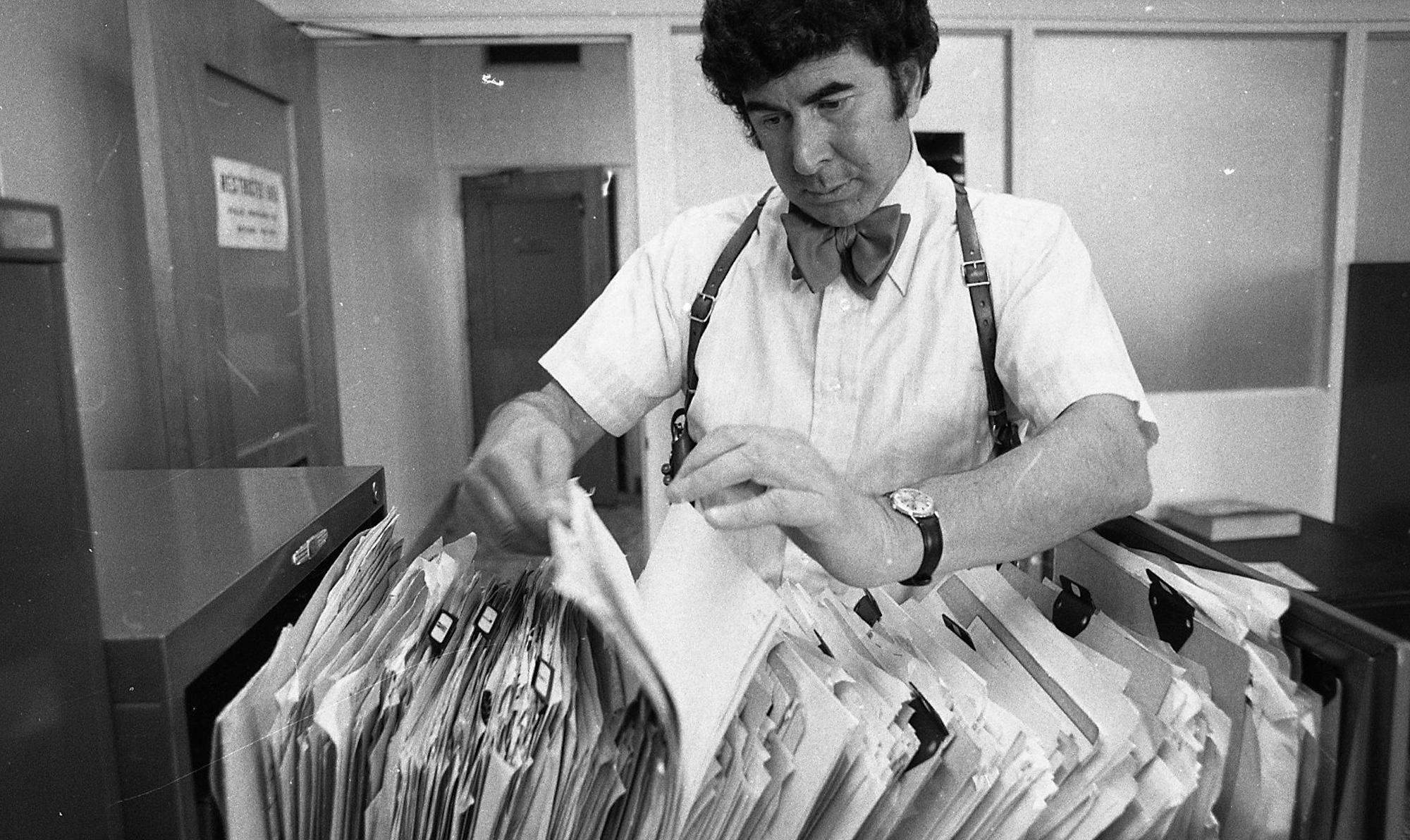
At the same time he was sending the fake fan letters, Toschi was also sending Maupin some unusual packages, signed directly from himself. These included one containing a signed photograph of himself posing with The Streets of San Francisco actor Karl Malden and another containing a felt wall calendar. (Herb Caen also reportedly received one of these calendars and, Maupin believes, phony fan mail from Toschi.)
Things escalated in April 1978 when, after a four-year period of silence from the Zodiac, a new letter purporting to be from the serial killer arrived at the Chronicle’s offices. It read, in part:
This is the Zodiac speaking I am back with you. Tell herb caen I am here, I have always been here. That city pig toschi is good — but I am smarter and better he will get tired then leave me alone.
After Maupin saw the letter, he began to suspect that Toschi might have faked it. For one, no prior Zodiac letters had ever mentioned any individual police officers before. In addition, Maupin thought that the tone, the “margin stops” and the shape of the Ds in the Zodiac letter looked similar to ones he saw in Toschi’s fabricated fan mail.
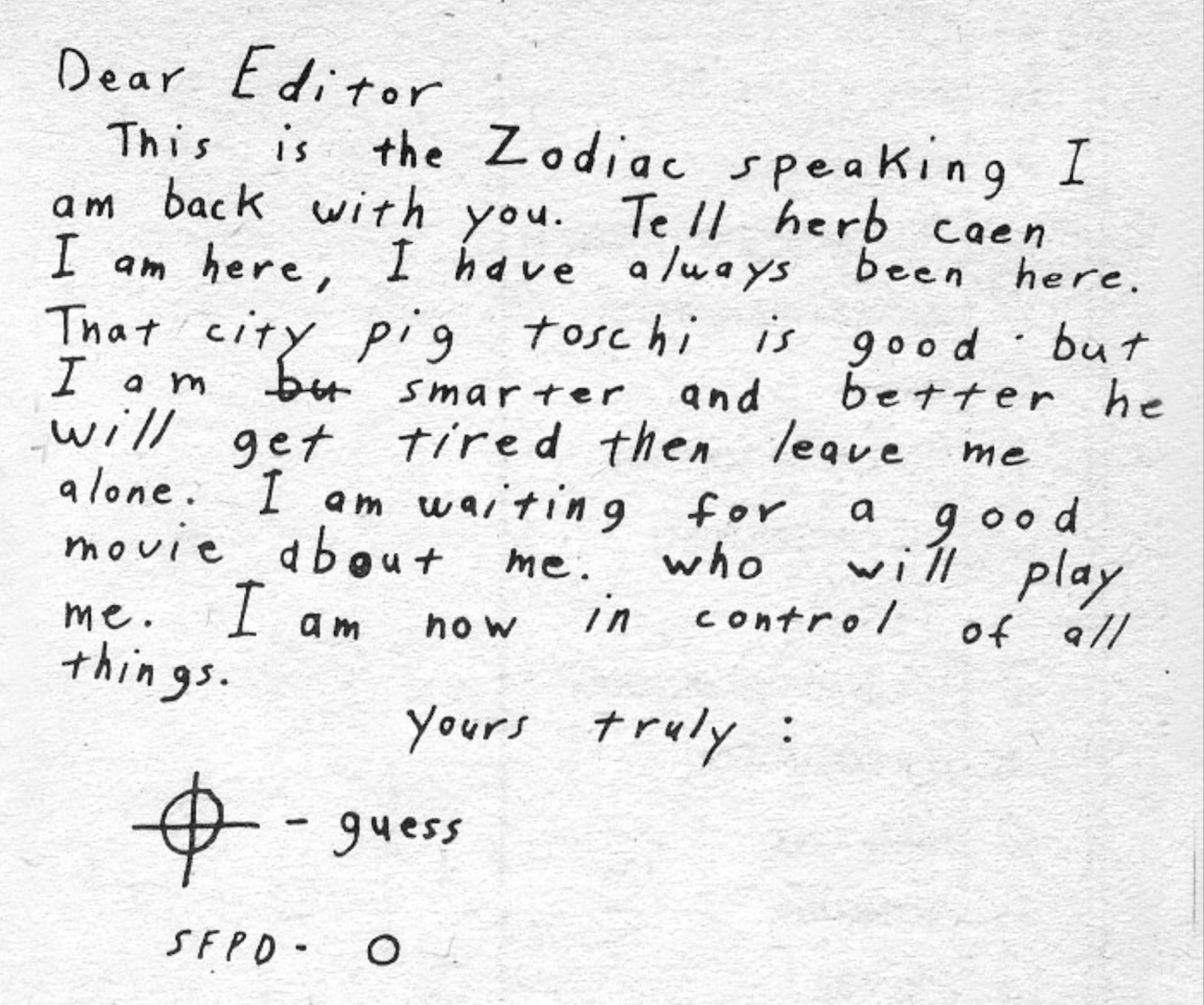
Maupin was concerned enough that he contacted Toschi’s superiors at the San Francisco Police Department; they immediately launched an investigation. Toschi publicly admitted to sending the fake fan letters to Maupin and was swiftly removed from the Zodiac case.
“It was a foolish thing to do,” he said at the time. “I am ashamed of it.” However, Toschi also denied meddling in the Zodiac case. He declared to the Examiner, “I wrote no Zodiac letter. I don’t need another letter. It only brings me tons of extra work.”
In the same interview, Toschi dismissed Maupin’s suspicions as a baseless publicity stunt timed specifically to coincide with the release of the first Tales of the City book.
“Can a man be destroyed because of vague accusations about ‘tone’?” Toschi said. “You bet he can! The complaint signed by Maupin and his publicist [Kenneth Maley] says that I ‘may’ have forged the last … Zodiac letter. ‘May have forged.’ ‘Similarity of tone.’ Just this. No evidence … I’ll be exonerated eventually but my credibility has been smashed.”
Asked what the lowest point of the controversy had been for him, Toschi explained: “Someone from Internal Affairs asked me where I had been on the night that Zodiac murdered the cab driver Paul Stine. I told him — home in bed — but I got sick to my stomach. Apparently some reporter had asked the department: ‘Could Toschi be Zodiac?’ You’ll never know how that hurt.”
Regardless of the suspicions placed on Toschi, he was eventually exonerated of forging the final Zodiac letter. He stayed with the SFPD until 1985, before taking on the role of director of security at both Union Square’s Pan Pacific Hotel and St. Luke’s Hospital in the Mission. Toschi died in 2018 at the age of 86 but, as he predicted, the controversy about the final Zodiac letter never dissipated — and Toschi’s name is now synonymous with it. As the Examiner wrote on July 11, 1978: “It may just be that he is a man done in by his own admiration for newspaper stories that mentioned his name.”
As for Maupin, the controversy he started had zero effect on his career. As the years passed, Maupin’s association with the Zodiac case became a distant memory for almost everyone except true crime nerds. Maupin went on to release nine enormously popular Tales of the City books over a span of 36 years. Tales of the City was also turned into a PBS series starring Laura Linney in 1993 and rebooted by Netflix in 2019.
Sadly for the former cop, the David Toschi and Henry Tandy characters never made an appearance in either screen adaptation.
